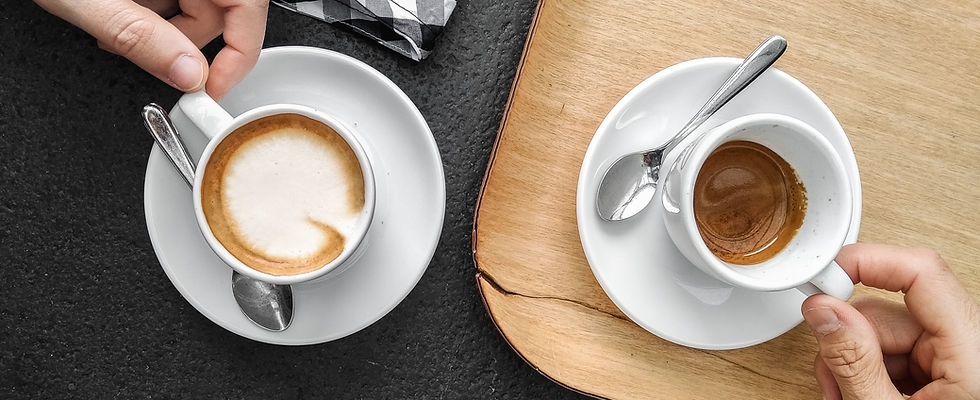
Fika: The Origins
The word itself, according to the many articles I've read, originated somewhere in the 18th/19th centuries, and it is a reversal from the original old spelling of coffee which is 'kaffi'. So you take 'ffi', drop the extra 'f' and switched it up ...et voila! It became 'fika'!

Photo: Wix/Unsplash
It is said the wealthy could have flipped the word 'kaffi' to 'fika' as a secret code to avoid getting caught drinking coffee. You see, coffee became a trend among the wealthy at the turn of the 18th century and it seemed that King Gustav III disliked coffee. The King detested it so much so that during his reign, coffee was banned on five separate periods between the 1750s and the 1820s. He viewed coffee as a threat and was ascertained to prove the negative effects of coffee by conducting an experiment on two identical prisoner twins who have been sentenced to death.
The Coffee Experiment
King Gustav III would reduce their sentences to life imprisonment on the condition the twins took part in this experiment. One of the twins must drink three pots of coffee while the other drink the same amount of tea, every single day for the rest of their lives. Unfortunately for King Gustav III, he did not live long enough to see this experiment through. He was assassinated in 1792. Whether this experiment truly took place, nobody knows.
Ban lifted...at last
Even after the passing of King Gustav III, coffee was banned again in Sweden in 1794, 1799 and 1817. When the ban was finally lifted in 1823, coffee became THE beverage in Sweden and has since ranked top 10 countries with the highest coffee consumption per capita.
